Prepare for a ‘Gray Swan’ Climate – the Atlantic

The next climate extremes are both predictable and unprecedented, and they’re coming on fast…
Plastic bag bans have already prevented billions of bags from being used, report finds – Grist

“The bottom line is that plastic bag bans work,” said Faye Park, president of the U.S. PIRG Education Fund, in a statement. “People realize quickly it’s easy to live without plastic bags and get used to bringing a bag from home or skipping a bag when they can…”
Imagine 2200: Climate Fiction – Grist Magazine
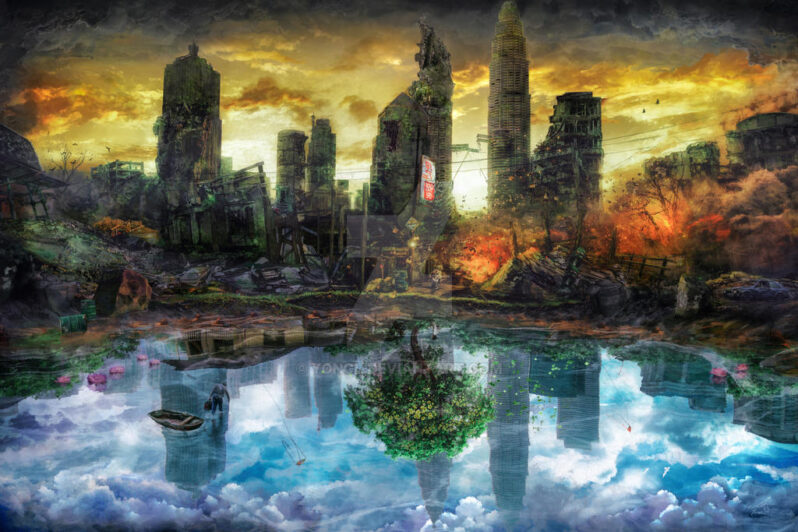
Grist’s Imagine 2200: Climate Fiction for Future Ancestors short story contest celebrates stories that offer vivid, hope-filled, diverse visions of climate progress. From 1,000 submissions, our reviewers and judges selected the three winners and nine finalists you will discover in this collection. These stories are not afraid to explore the challenges ahead, but offer hope that we can work together to build a more sustainable and just world….
As Development Alters Greek Islands’ Nature and Culture, Locals Push Back – the New York Times

As a proliferation of pools threatens some water supplies and housing costs skyrocket, people of the Cycladic islands say the Aegean islands’ character is being lost to real-estate homogenization…“It’s very easy to talk about sustainable development, but all they actually do is approve new investments,” said Ioannis Spilanis, a former general secretary for island policy at Greece’s shipping ministry and now head of the Aegean Sustainable Tourism Observatory…
‘It gets your stomach churning’: the team wading through nappies to clean up Bali’s waterways – the Guardian
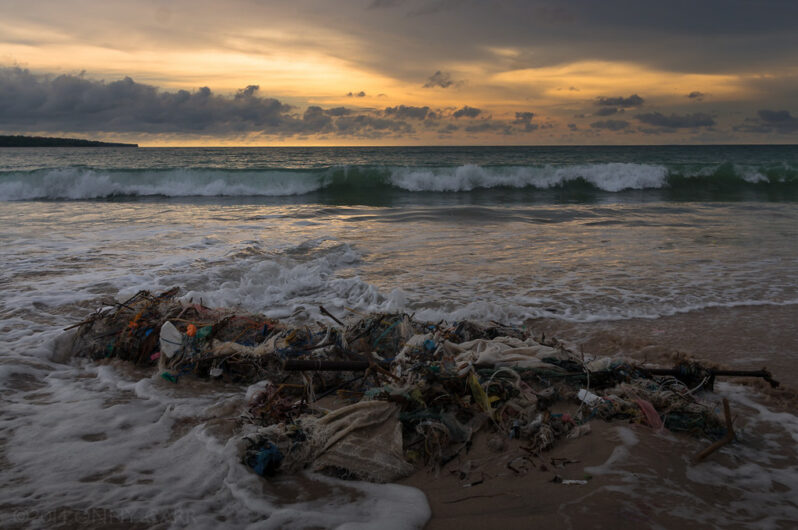
Every week, the Sungai Watch staff don waders and gloves and plunge into the waterways around the Indonesian island of Bali, where they have strung up their big plastic barriers. Along with volunteers, they work their way through the heaps of waste that has built up against the barriers, stuffing it into rubbish bags and slowly, steadily, clearing the filth. The work is gruelling, and yet there is deep satisfaction, even if just temporarily, in watching the rivers open up again. “You do get used to it, strangely enough. But you always need at least a few minutes to adapt as you go into a river….”
How to Love an Oyster – Hakai
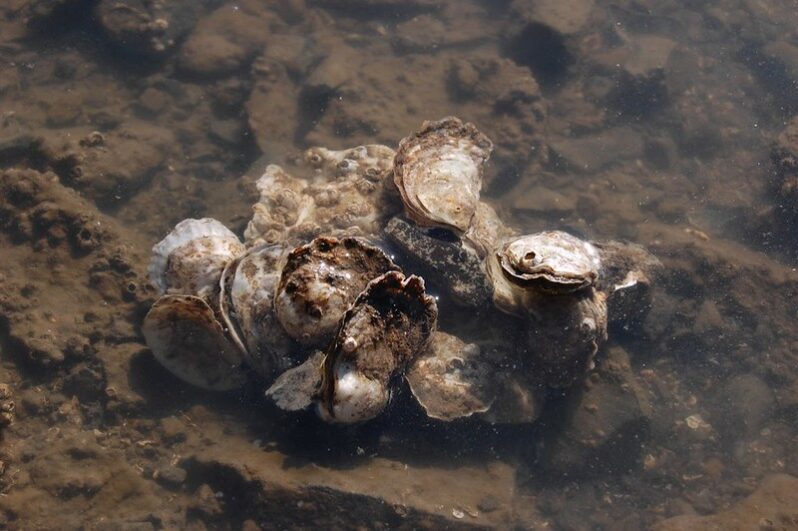
Most people, even those who know a thing or two about oysters and may perhaps enjoy eating them, have no idea that the sweet and buttery bivalves they are slurping down in San Francisco or Vancouver are not the native species of the West Coast but Japanese imports…It is only on rare occasions at certain bougie establishments that you might encounter the much-smaller Olympia oyster (Ostrea lurida) on the menu, a Proustian remembrance with its miserly portion of meat and coppery taste…
No turning back: The largest dam removal in U.S. history begins – NPR

The largest dam removal in U.S. history entered a critical phase this week, with the lowering of dammed reservoirs on the Klamath River…
Oh Good, Hurricanes Are Now Made of Microplastics – Wired Magazine
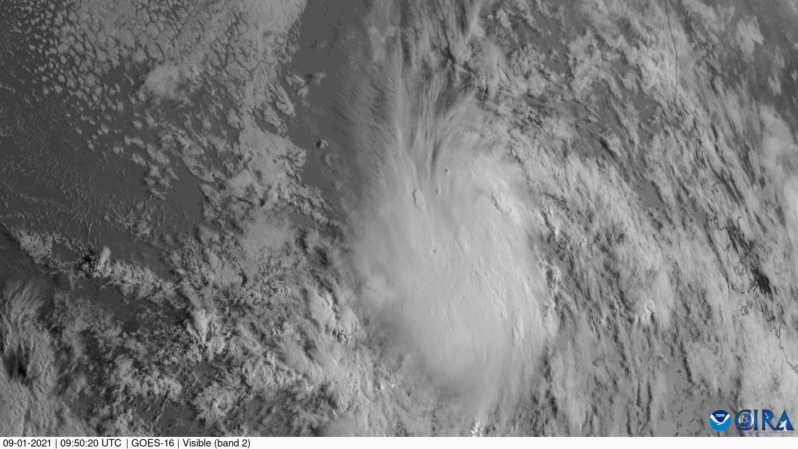
When Hurricane Larry made landfall two years ago, it dropped over 100,000 microplastics per square meter of land per day. It’s another ominous sign of how plasticized the environment has become…
How to Crochet a Coral Reef – and Why – Scientific American
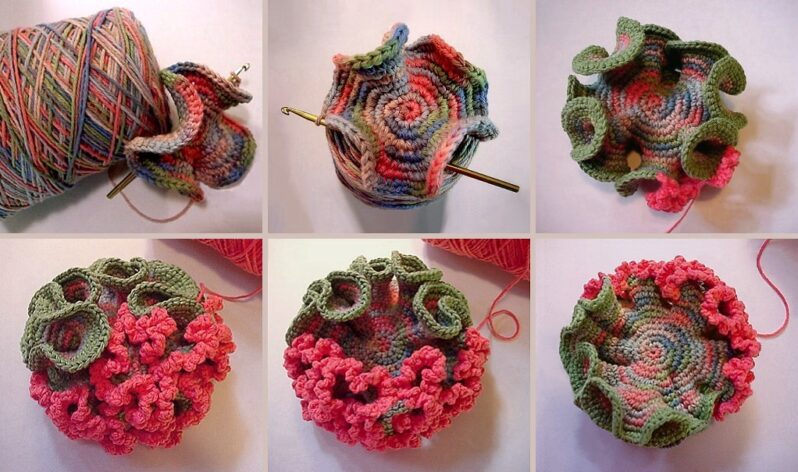
In 2005, Los Angeles-based twin sisters, Margaret and Christine Wertheim tried a different approach to communications by starting the Crochet Coral Reef project. The idea was born from their love of the Great Barrier Reef, their oceanic neighbor, and their appreciation for handiwork and the community it can create, simply by participation…
